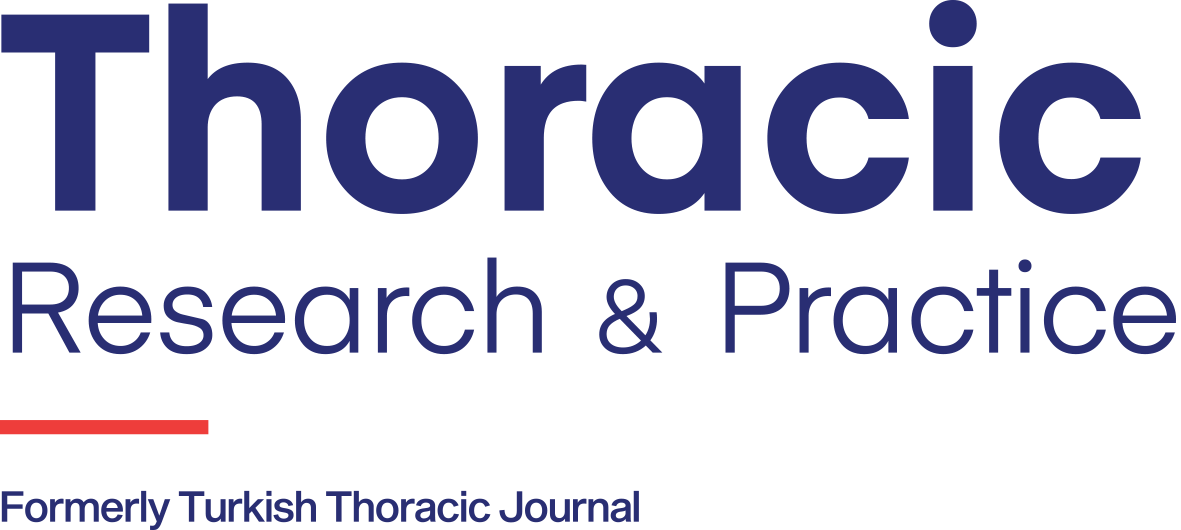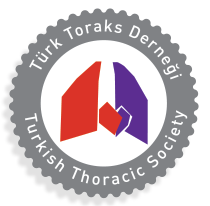Abstract
Objective:
To compare the efficacy of three separate antibiotics (ceftazidime, imipenem/cilastatin and piperacillin/tazobactam) as an early empiric (de-escalating) antibiotic therapy in patients with ventilator-associated pneumonia (VAP).
Materials and Methods:
Forty-nine patients with VAP caused by Gram (-) organisms, were given ceftazidime (13 patients), imipenem/cilastatin (19 patients) or piperacillin/tazobactam (17 patients) as an early empiric therapy. By the end of the treatment the adequacy of the antibiotic treatment was evaluated clinically (cured, partly cured, failure), bacteriologically (eradication, persistence of the pathogen, new infection) and also as number of days free of mechanical ventilation and of application of antibiotic agents in the three groups.
Results: There were no differences as to sex, age, diagnosis, severity, complications (sepsis, septic shock, multiorgan insufficiency) or pathogens causing VAP among the three groups of patients. Treatment with imipenem/cilastatin resulted in the highest percentage of pathogen eradication, the highest number of days without mechanical ventilation and of application of antibiotics and the highest chance of favourable outcome (p<0.05), thus imipenem/cilastatin was found to be superior as an initial therapeutic agent to the other two antibiotics.
Conclusions:
Early empiric antibiotic therapy is the prerequisite of a successful treatment in VAP. In this study, imipenem/cilastatin was found to be the antibiotic of choice as an initial antibiotic. Treatment with imipenem/cilastatin was found to lead to better clinical and microbiological results compared to ceftazidime and piperacillin/tazobactam. Treatment with this antibiotic also proved to be more cost-effective because of the shorter duration of treatment and of mechanical ventilation.



